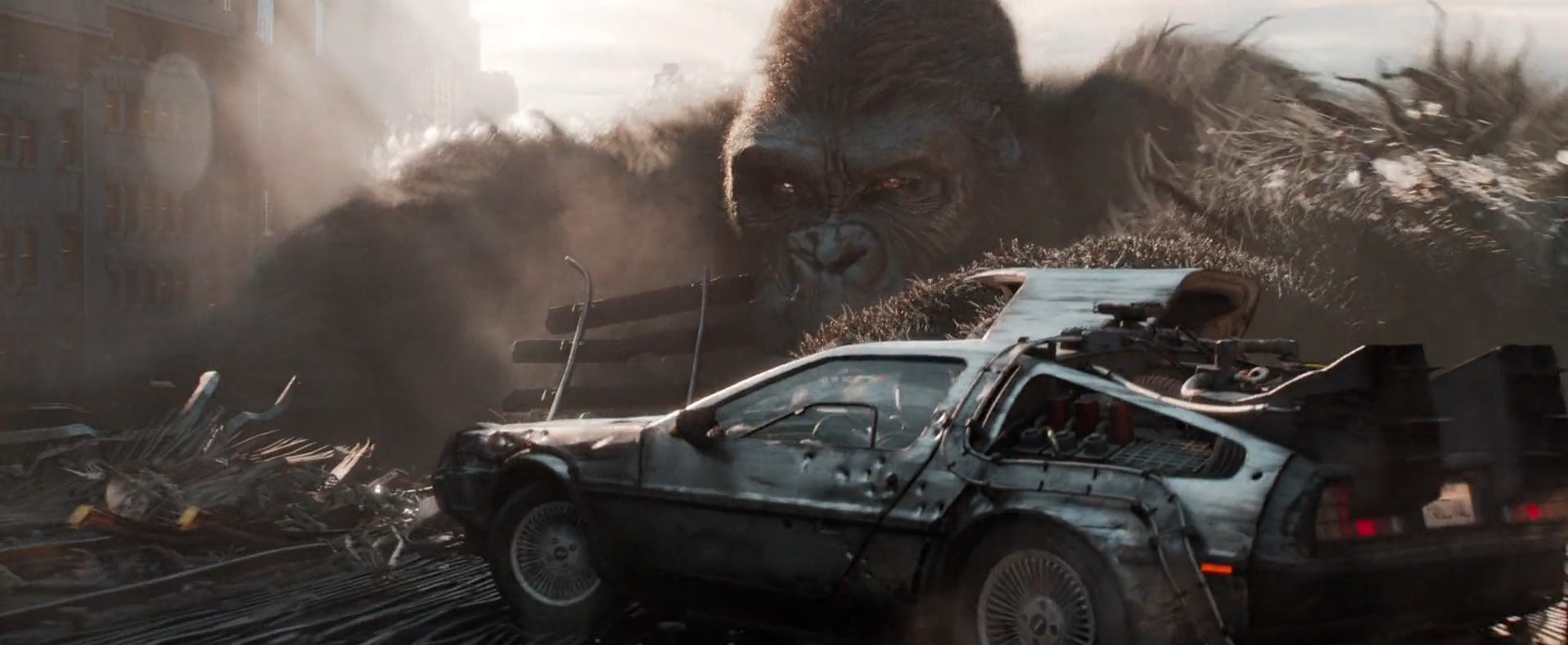We are awash with nostalgia. Resident Evil 2 burns up the video game charts. The film industry offers endless Star Wars spin offs and adaptions of every comic book known to man. Our politicians promise to Make America Great Again or a return to the civil discourse of the past. It seems that new ideas have been extinguished. The remnants are but feeble attempts to capture the reflected glow of past glories.

Filmmaking is hard. You need an original concept, compelling story, charismatic actors, and a director who can pull it all together. Even if all the elements are right, they might not gel, or be saleable to a wide audience. So instead, Hollywood has increasingly taken the easy road.
Rather than creating a new property which evokes genuine emotions, they capture the reflection of one of those past successes. Han Solo’s Kessel Run – a throwaway boast used to fill in his Star Wars character – becomes a whole movie in Solo. None of the magic of Star Wars remains, but the makers hope that enough of the original daring and charm associated with the Han Solo brand can carry the film from one nostalgic reference to the next.
This is a big enough problem in the creative arts, but a colossus in the political realm. Just as with film, building an oroginal concept and selling it to a wide audience in politics is hard. The conservative side has always traded in nostalgia for an imagined idyllic past. Make America Great Again is little more than a literalisation of classic white picket fence suburban myths. But the liberal side too has fallen prey to the beguiling ease of nostalgia.
Joe Biden remains the frontrunner for the 2020 Democratic Primary. He offers nothing more than a pale reflection of the Obama era, a political spin-off without purpose or reason. In Britain, the move to overturn Brexit can be traced back to a yearning for the pre-2016 era when the country’s divisions were not so blatant. Never before has the event horizon for nostalgia been so short. Even social democratic theorists struggle to articulate a vision for the future, preferring to return to a halcyon past of unions and manufacturing.
Why is it that we are so overtaken by nostalgia?
Nostalgia is the perfect foil to unite our two generational powers. Aging baby boomers lounge in the comfort of their past glories. Precarious millennials seek a return to the sanctuary of childhood.
Boomers are getting older and slower. Their bodies creak with fatigue, and their brains are addled by the worms of Facebook. As they struggle to create new memories with the vibrancy of the old, they retreat into nostalgia’s comfortable embrace. When new glories aren’t physically achieveable, the reflections of the old will suffice.
Millennials have been released from the comforting bosom of childhood education into the late capitalist hellworld of precarious work. With the protections of the past annihilated, they have to hustle and grind just to keep a roof over their heads. The sleepy glow of nostalgia reminds them of the security and hope of childhood, long since extinguished by the animal forces of the market.
The looming shadow of climate change also has a part to play in our penchant for nostalgia. Facing a future of either radical transformation or widespread deprivation, the past is a comfortable place to wallow. But wallow we must not.
The original is always greater than the reflection. We need creatives telling new stories and people building a better world, not just capturing the receding glow of the old.
